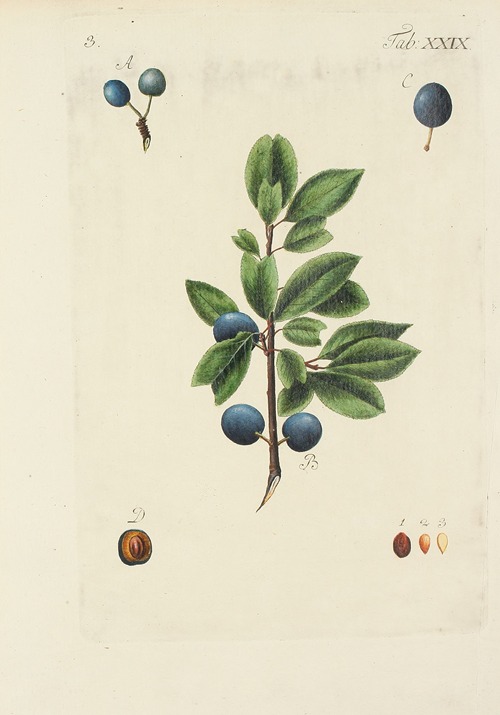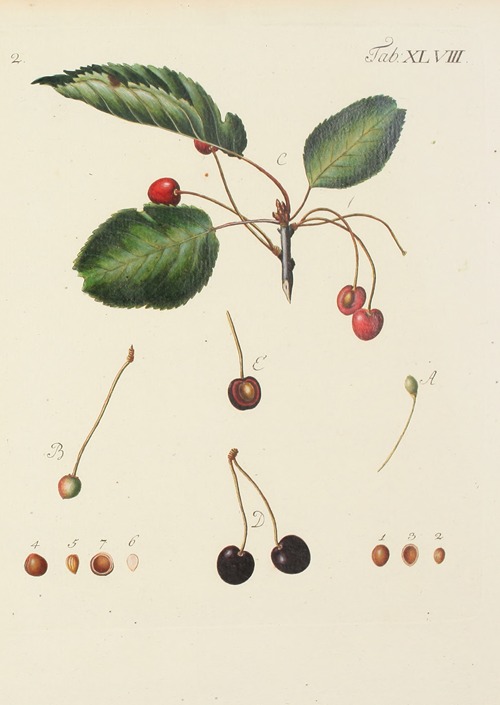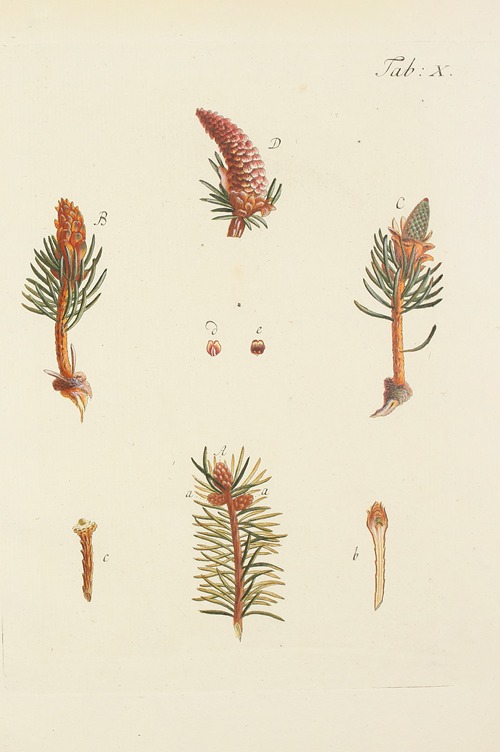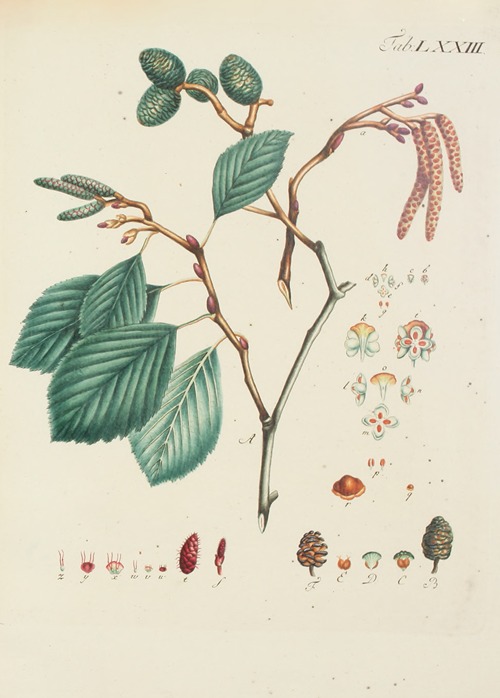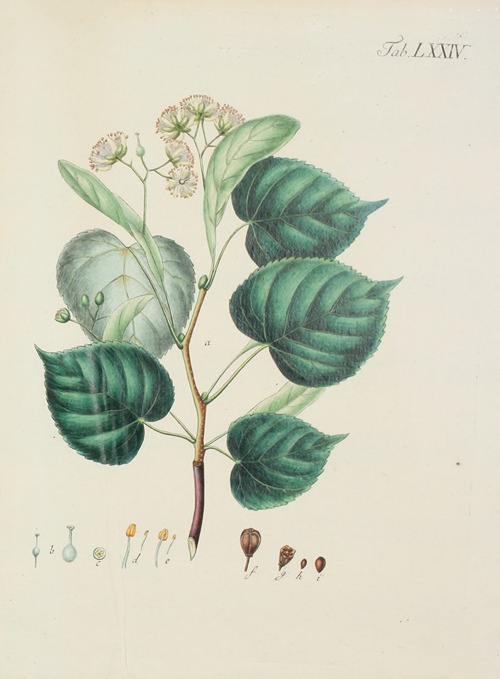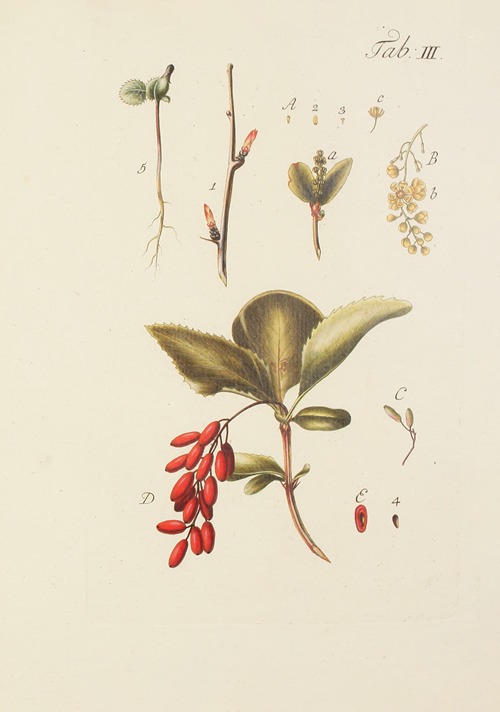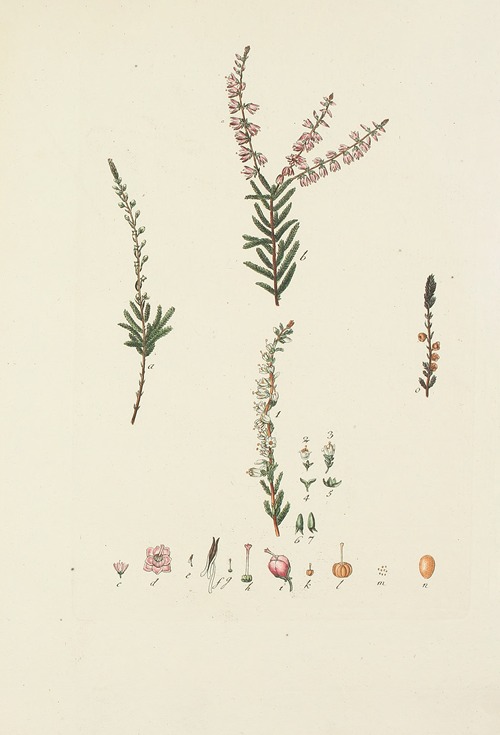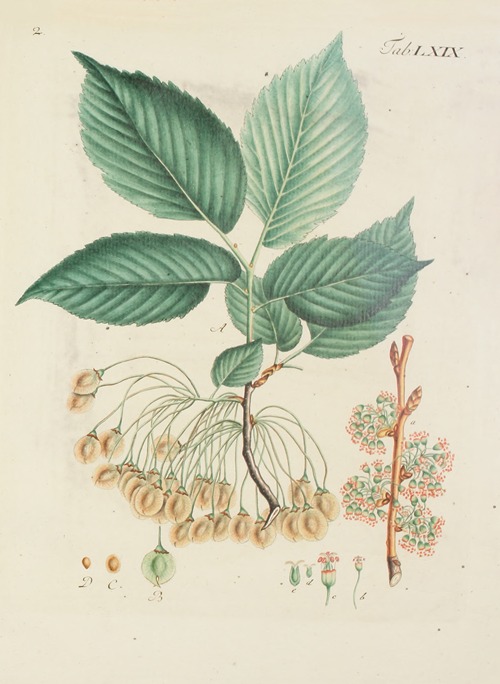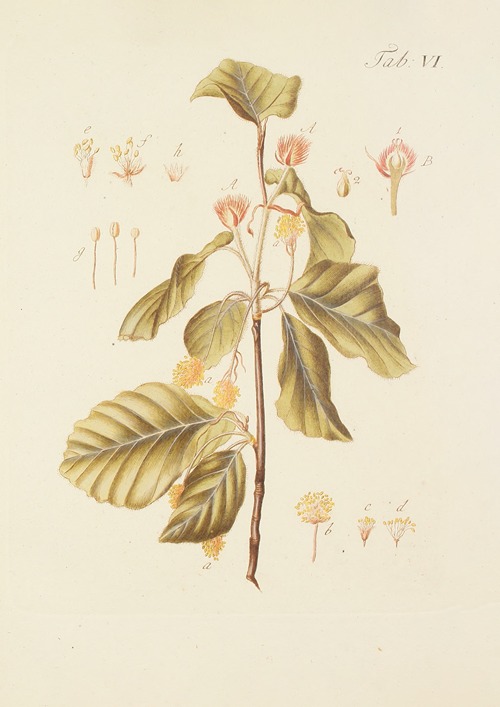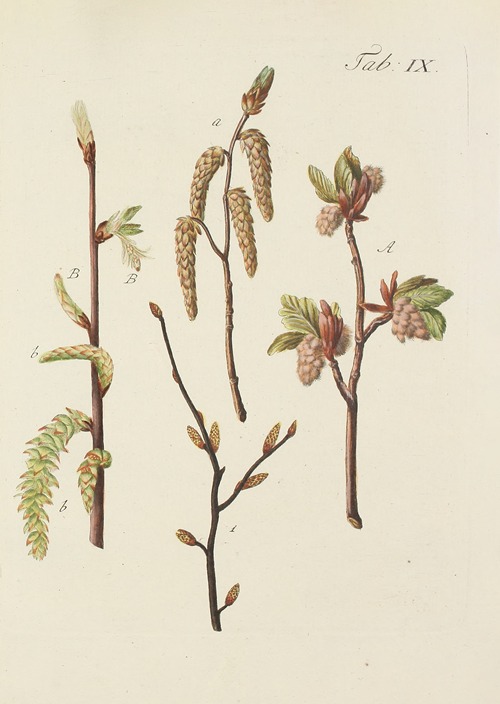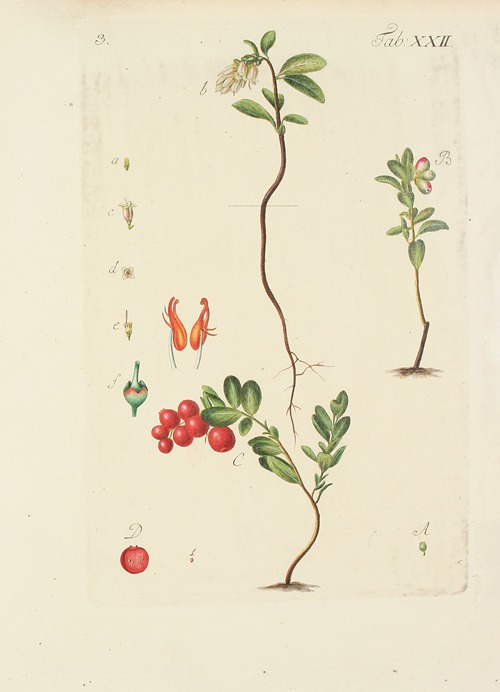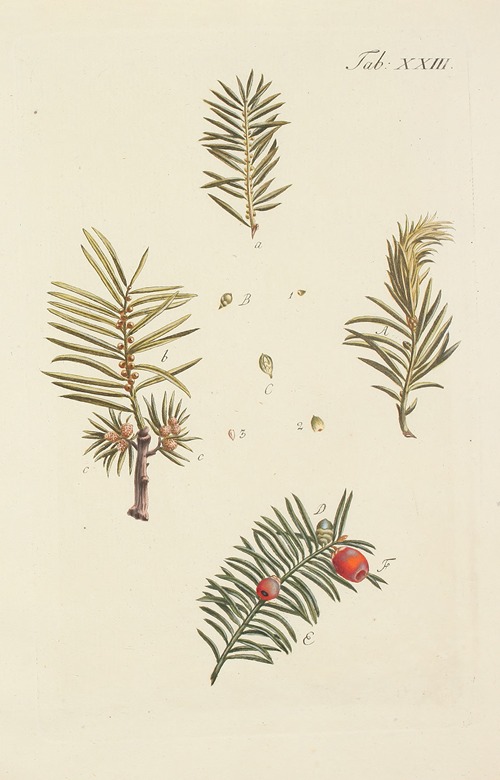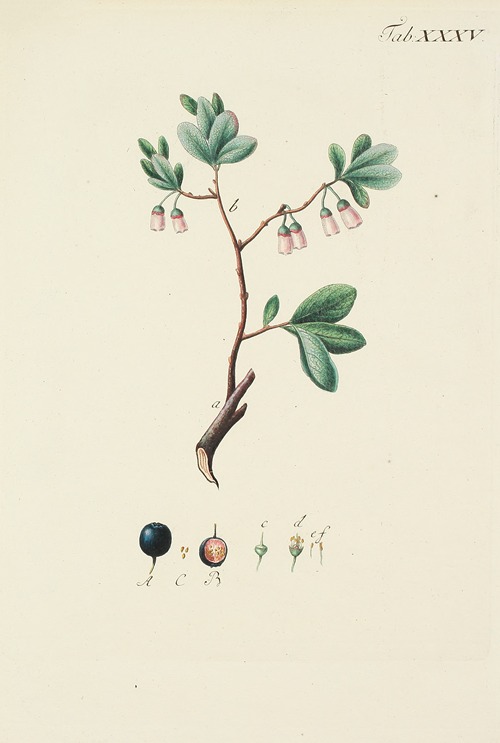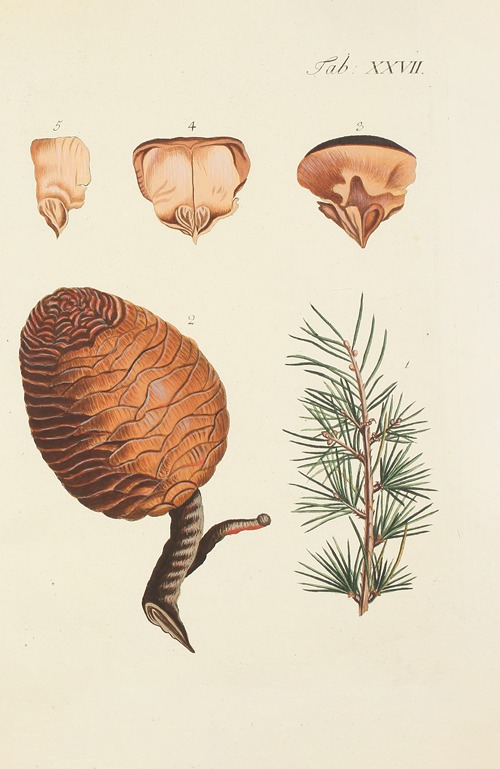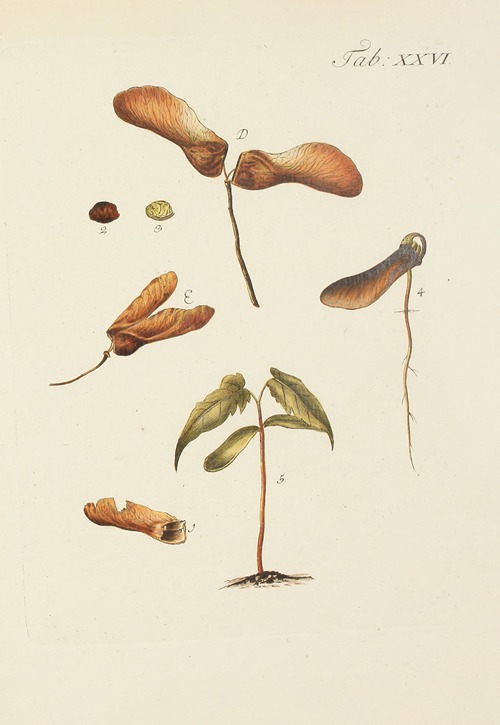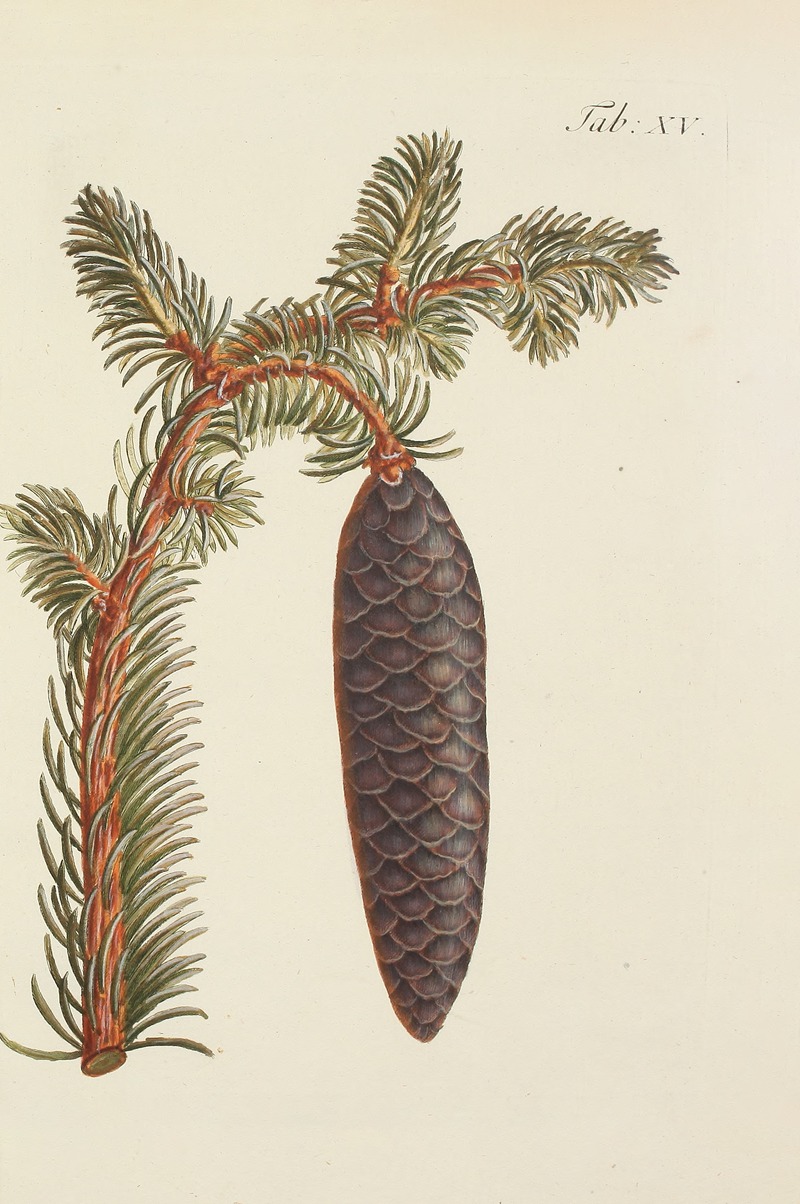
Carl Christoph Oelhafen von Schöllenbach was a forest scientist, naturalist and forest officer of the Free Imperial City of Nuremberg.
Carl Christoph Oelhafen von Schöllenbach was a member of the patrician family Oelhafen von Schöllenbach of the Free Imperial City of Nuremberg. Carl Christoph was the son of Christoph Elias Oelhafen von Schöllenbach (1675-1736) and his wife Anna Maria, née Gwandschneider. His younger brothers were Georg Christoph Oelhafen von Schöllenbach (1710-1779), Lieutenant General Field Marshal of the Franconian Imperial Circle, and Jakob Christoph Oelhafen von Schöllenbach (1712-1749), Elector Palatine Truchsess and Court Councillor.
Carl Christoph Oelhafen von Schöllenbach studied at the University of Altdorf from 1724 to 1732 and, following his studies, undertook the so-called Grand Tour together with his youngest brother Jakob Christoph, which took them through Switzerland, France, England and the Netherlands. In 1737, Carl Christoph was appointed caretaker of the Nuremberg offices of Velden and Hausseck and in 1748 caretaker of the office of Gräfenberg. In 1764, he became chief magistrate and chief judge of the Sebalder Forest near Nuremberg. His last position was as forest magistrate of the free imperial city of Nuremberg. Carl Christoph Oelhafen von Schöllenbach established economic institutions and improved fruit cultivation and forestry in Franconia by planting fruit and timber trees and other plants. As a scientist, he is best known for his writings on forestry and for his translations of biological and forestry writings from French by Henri Louis Duhamel du Monceau and René-Antoine Ferchault de Réaumur. Between 1762 and 1771, Oelhafen translated 5 of Duhamel's works on forestry alone into German and, through this transfer of knowledge, helped to put forestry science in Germany on a new footing.
On September 2, 1771, Karl Christoph Oelhafen von Schöllenbach auf Eismannsberg was accepted as a member of the Imperial Leopoldino-Caroline Academy of Natural Scientists under the presidency of the physician Ferdinand Jakob Baier with the academic surname Benedictus Curtius and the registration number 762.
